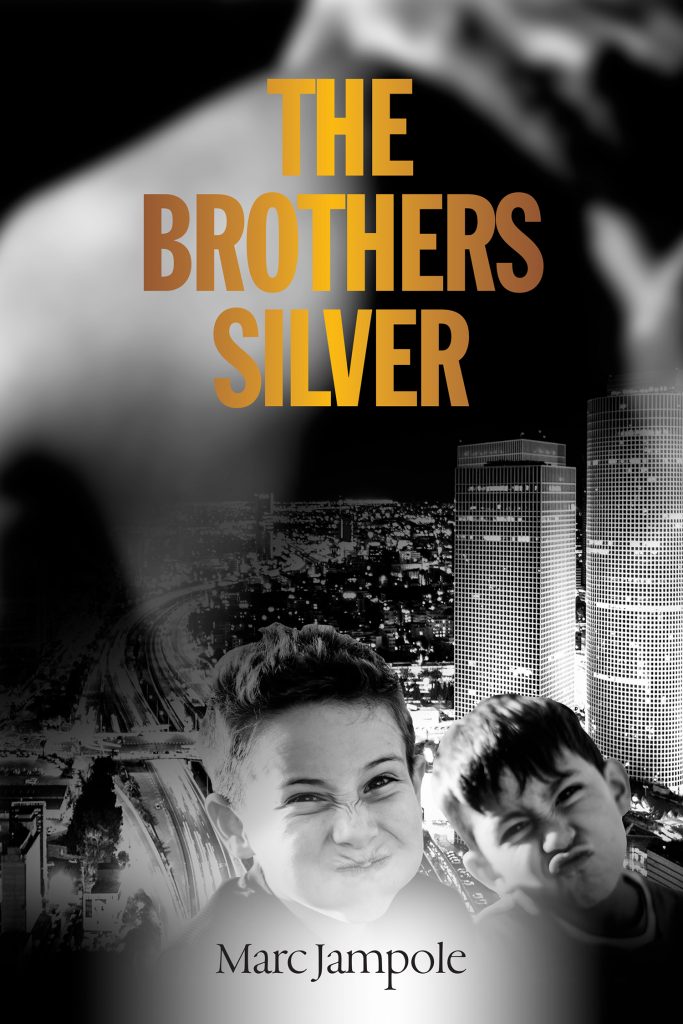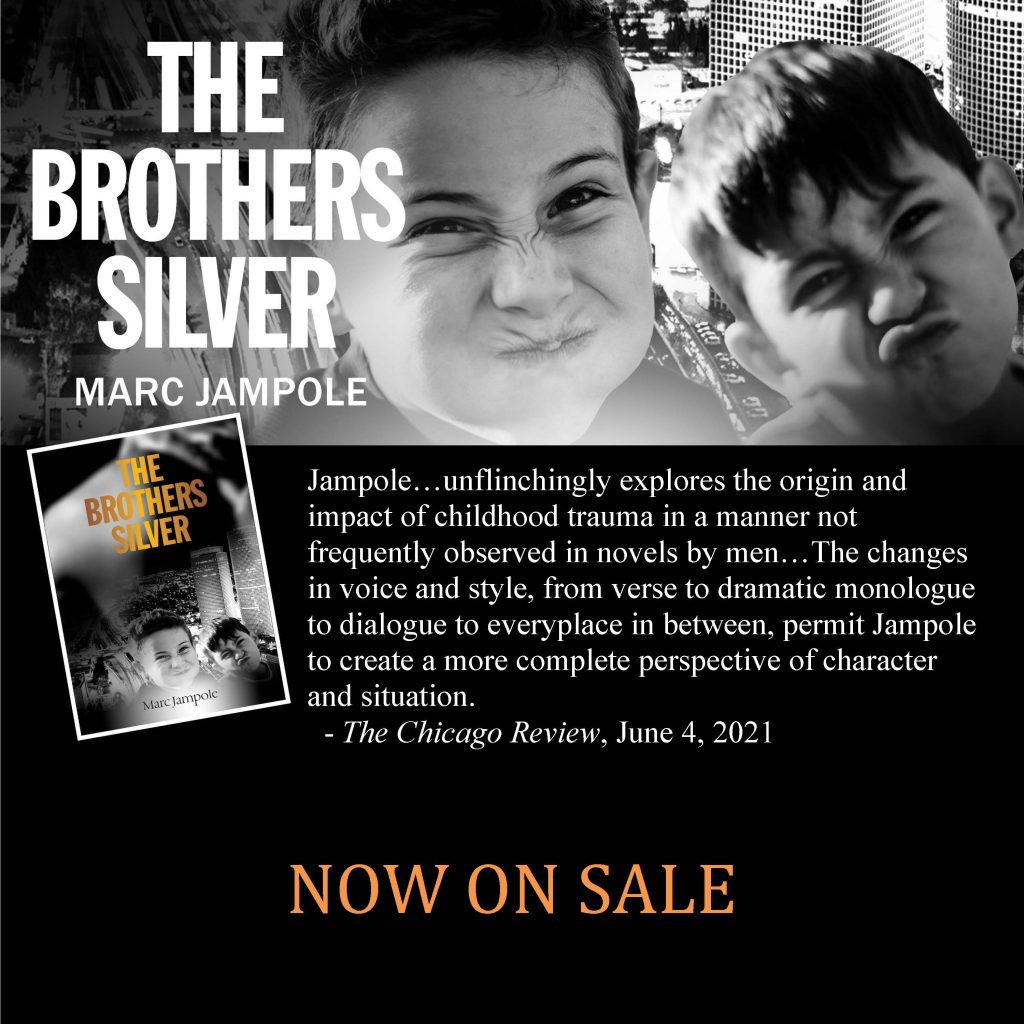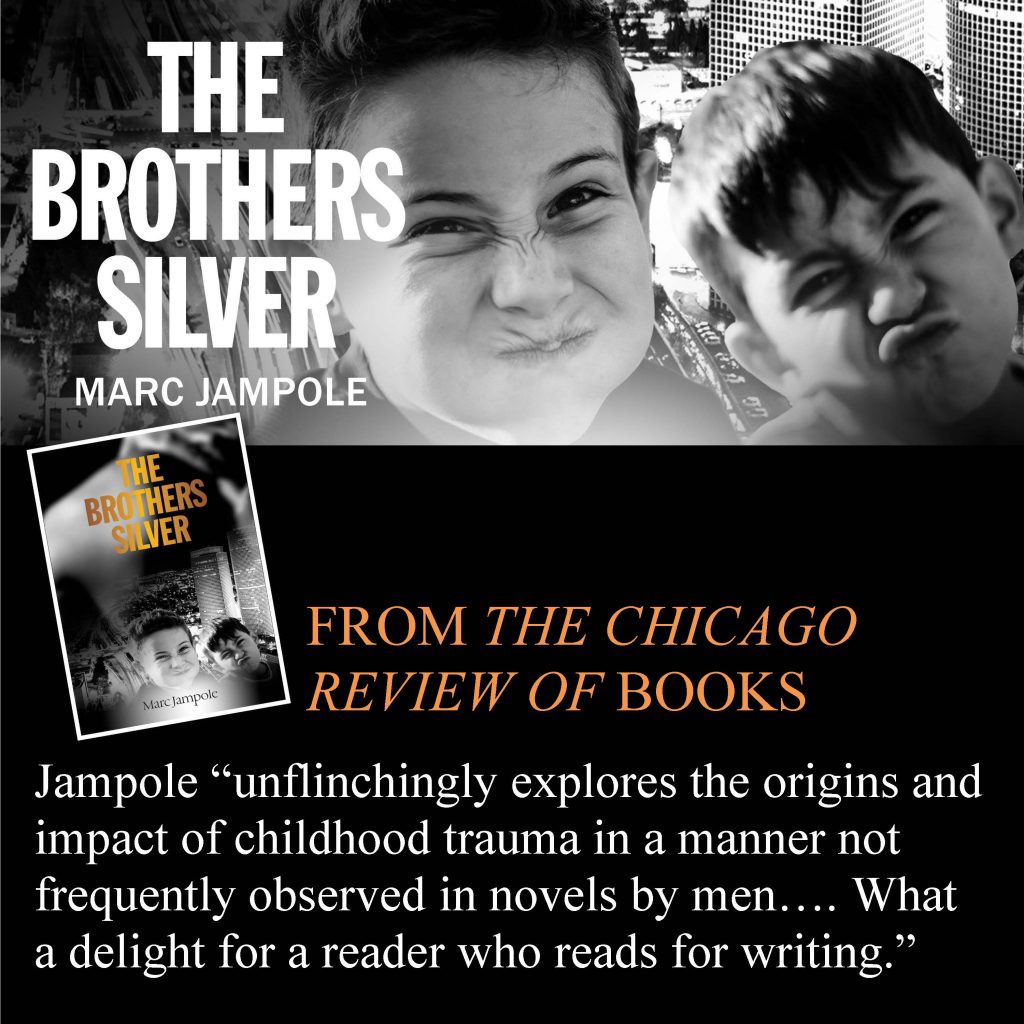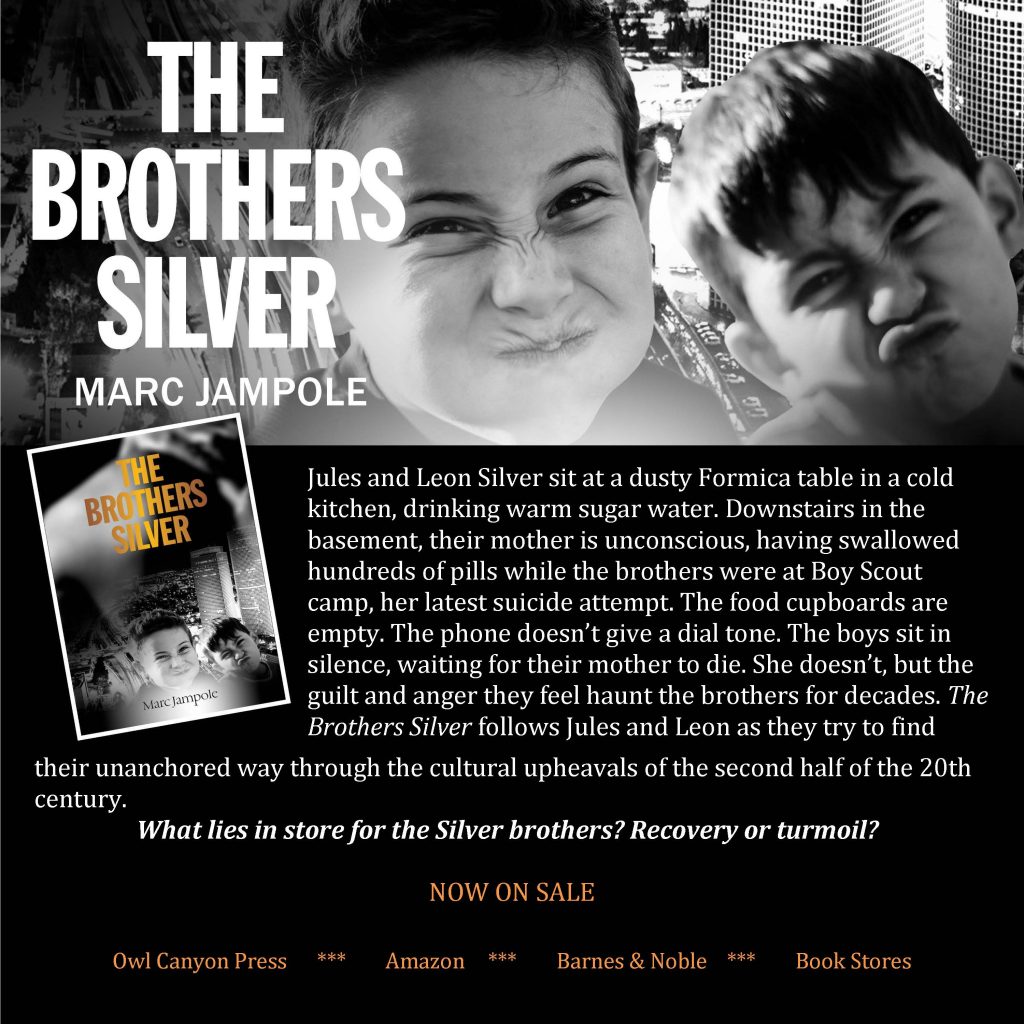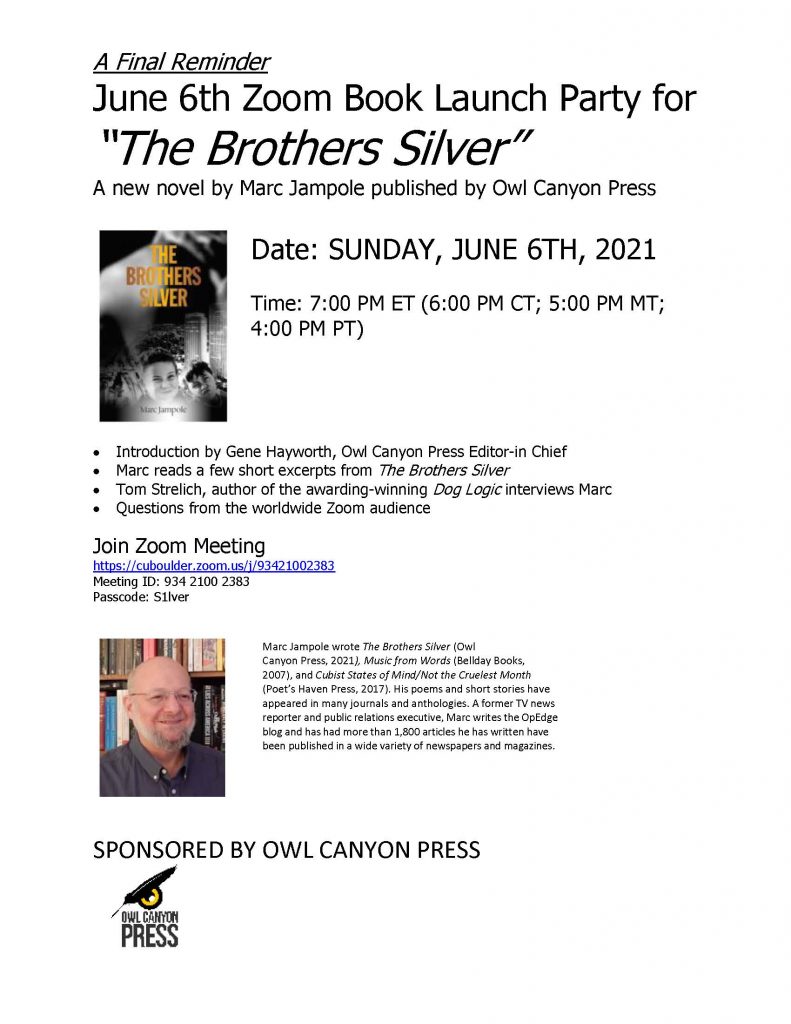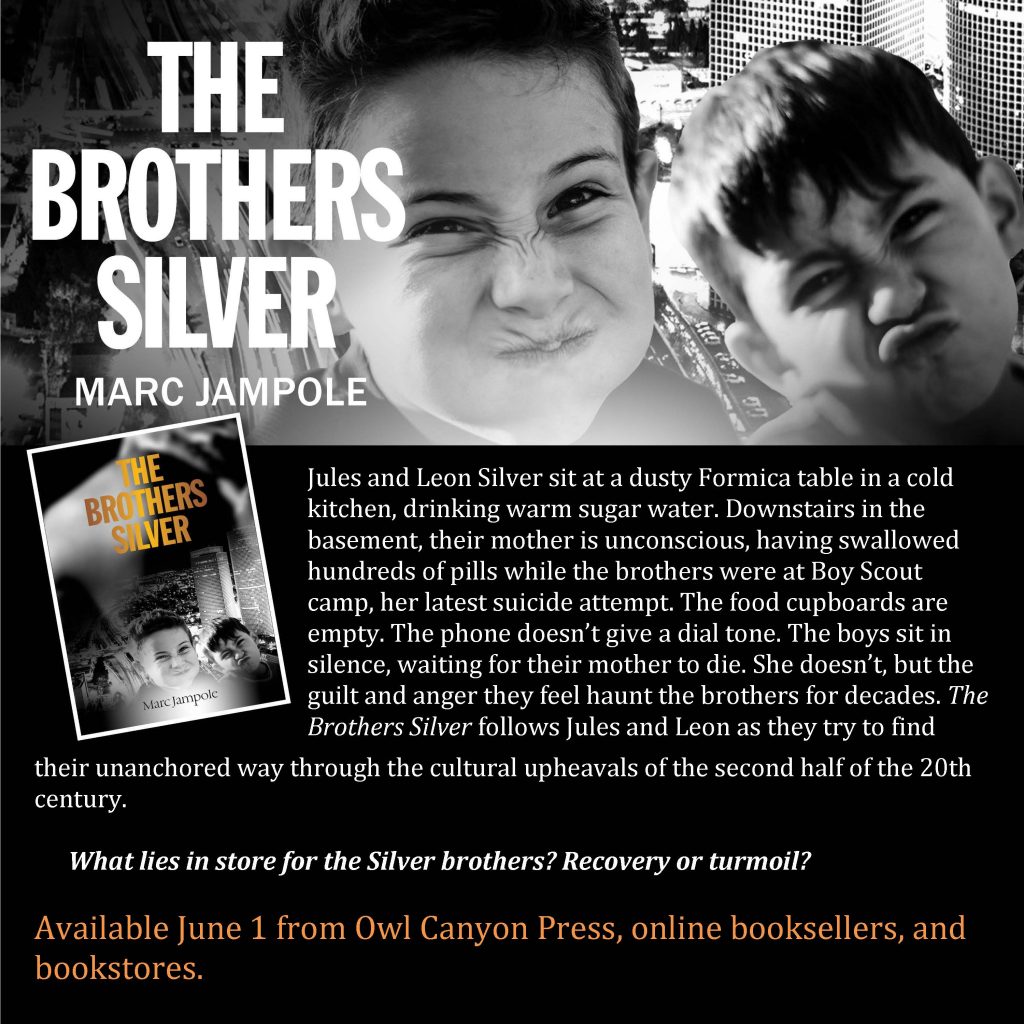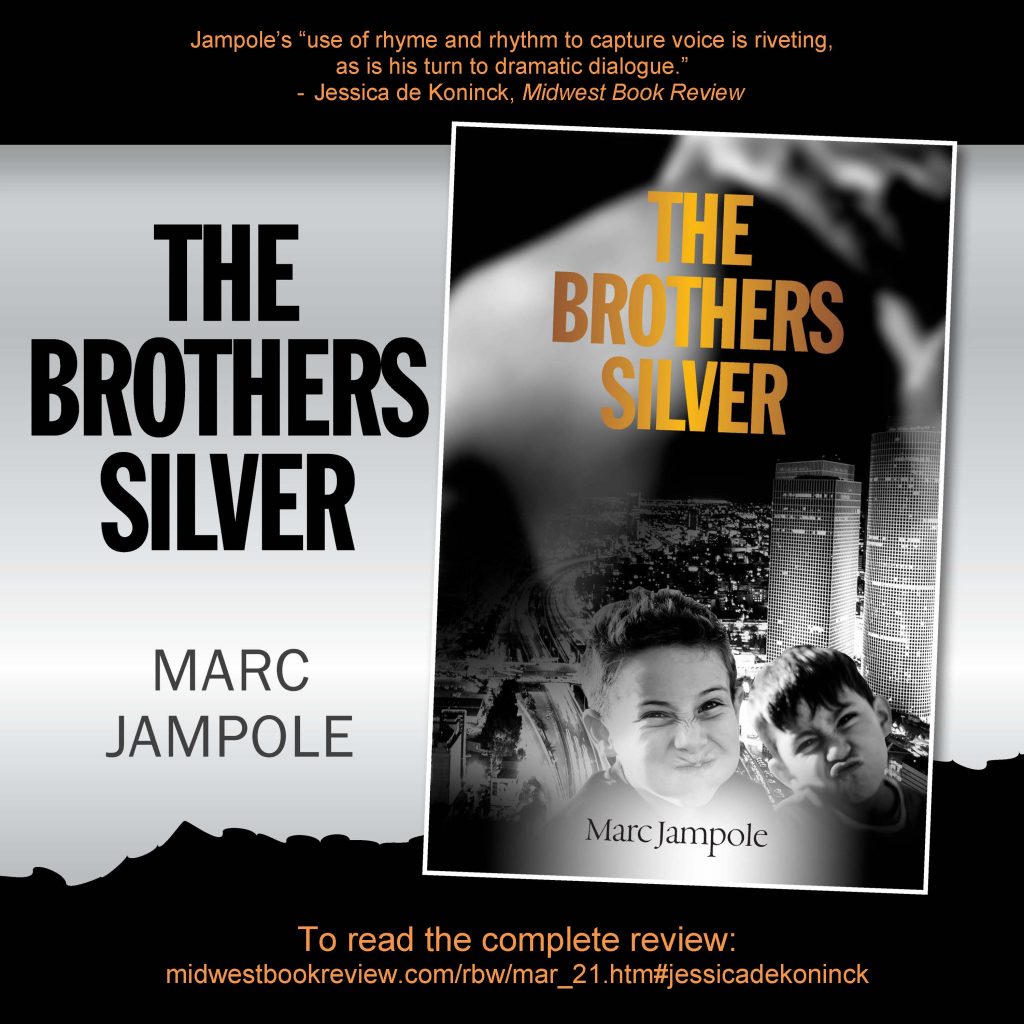Coming from a family that prized athletic competition has made me often explore in fiction and poetry the differences and similarities between winning and losing, in sports and in other human endeavors. One notion that has haunted me is winning by losing, or losing by winning. Victories that cost the victors so much that they soon lose the war. Victories that help the overlords, but not those who did the actual fighting. Victories that bring the hollow feeling that the winner will have to do it all over again the next day. Perhaps my favorite poem among these musings on defeat and victory is “The Wrestler.” In it I toy with the Hindu idea of pursuing the perfection of your actions in battle instead of focusing on the final outcome, a concept most compellingly presented in the chapter of the Hindu epic Mahabharata called Bhagavad Gita. America has cheapened the complexities of the Bhagavad Gita into the often spouted but rarely believed homily, “It’s not whether you win or lose, but how you play the game.”
Like most of my poems, none of the voices in “The Wrestler” is the poet. Narration of the poem is shared by an omniscient narrator and the thoughts of the main character. The elision back and forth between the two voices approaches the fictional device called free indirect discourse, which Flaubert essentially perfected in Madame Bovary, and has served as a cornerstone of experimental fiction ever since.
“The Wrestler” was published a few years’ back in Ellipsis. The basic story is one of adolescent rebellion—a young man, having proven that he is the best wrestler, allows himself to lose a championship match because it’s more important for him to see the disappointment on his father’s face than to win. I use the same story in a quite different context in my novel, The Brothers Silver, which Owl Canyon Press is releasing in less than a month.
THE WRESTLER
His wrestler’s arms elevate
his dying father from the bath,
towel the anorexic wheezing flesh.
His wrestler’s fingers ram at buttons
swelling narrow holes of flimsy night clothes,
like punching bolts through steel, one shot,
one shot, one shot, and then you’re done
and then your pill for pain, and then your
noisy sleep, snores and disconnected words,
sling-shot carp on what I have and have not done.
In one of many rooms of father’s empty house
his wrestler’s legs incline and hands release
and slowly father rotates off his wrestler’s frame
onto bed and wakes, mutters lost championship,
then falls to sleep again.
Why high school wrestling thirty years ago?
So much has happened.
I wrestled the ladders I climbed, wrestled
the metal I welded, wrestled the bread I baked,
all a giant wingless loving-hating angel
I could never conquer, so I held on
and holding on, I could never lose,
and the angel was you.
Fetal cradle quivers porridge steam,
father hisses cold, I’m cold.
His wrestler’s hands corkscrew clumps of flesh
through a second set of sleeves,
then spreads the leaking body out again.
Is his father finally falling into deeper dreams?
You mythed yourself as Krishna teaching
way of works for men of action,
to me, Arjuna, perfect incarnation,
slaying Bhisma, Karna, armies of Kurus.
On my own I found performance with no thought of prize,
control, control, control, relinquish.
Enter other sons, boxer, goalie, fullback,
and smoke cigars outside the room,
last vacation renovation new investment,
exhale the fumes beyond a fan,
remember father’s backdoor laughing smokes,
elaborate athlete handshakes to the wrestler,
younger brother, you the man, you the best
to volunteer for nursemaid work,
a big, forgiving man, after years of silent rift.
Great warriors always winning;
my deeds could never match.
Often thinking, never saying
I look like you, but I’m not you.
You said talent isn’t everything.
You called it my pattern:
wrestle and relinquish quit school,
wrestle and relinquish quit the rigs,
wrestle and relinquish quit the marriage
quit and drift, quit and start, quit and switch,
quit before the winning, wrestle and relinquish.
Alone in stale tobacco lamp glow:
painful diapasons pierce the wrestler’s thoughts
that coast to feeble huffing once a shout,
meager bone once buck ram strapping,
restless drift once righteous resolution.
Sleeping father, dying father,
mythless thing itself, here is act itself:
Circle, take down, near fall,
defensive escape, defensive reversal,
I’m up eight-zip, another takedown,
you’re yelling pin, pin, pin,
reverse, takedown, near fall, control,
you’re waving rolled-up program,
eleven-oh, be careful now,
fifteen points an automatic win,
control, control, control,
he escapes, I reverse again, fourteen-two,
circle, play out clock, seconds left, twelve, ten,
you’re shaking someone next to you,
that’s my son, that’s my son,
five seconds, I’m winning eighteen-four,
everyone knows who’s best, everyone knows,
circle front of you, now I make my perfect move,
collapse the knee, roll to right, pull him over,
careful, let them think it’s him,
heave my shoulders back and down control
relinquish touch the mat I’m pinned I win.
Marc Jampole
Published in Ellipsis #44 (2008)
